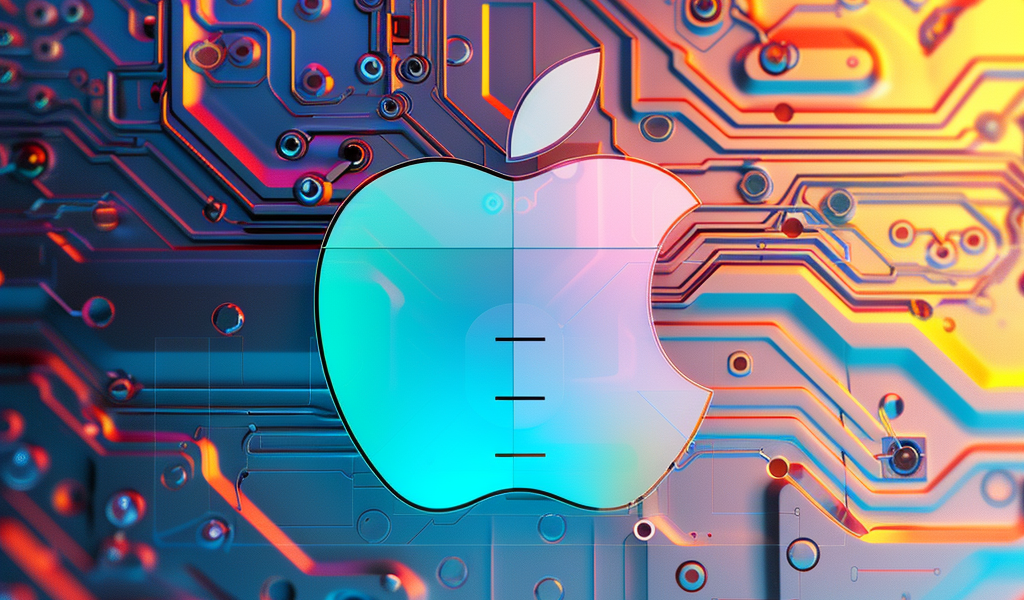In a significant shift in its approach to artificial intelligence, Apple has revealed its utilization of Google’s Tensor Processing Units (TPUs) for the development of Apple Intelligence. This strategic decision marks a departure from the industry norm, where Nvidia’s graphics processing units (GPUs) have been the go-to choice for AI applications.
According to a recent research paper published by Apple, the tech giant harnessed the power of 2,048 of Google’s TPUv5p chips to construct AI models, alongside 8,192 TPUv4 processors dedicated to server AI models. Notably, the paper does not mention Nvidia, indicating a clear preference for Google’s technology in Apple’s AI infrastructure.
This choice is particularly striking given Nvidia’s established dominance in the AI processor market. Nvidia’s GPUs are renowned for their performance and efficiency, making them a popular option among companies developing AI solutions. In contrast, Google’s TPUs are accessed through its cloud services, requiring developers to work within Google’s ecosystem, which offers integrated tools and services for AI model development and deployment.
Apple’s engineers have highlighted the advantages of using Google’s TPUs, stating that these processors facilitated the efficient training of large and sophisticated AI models. The organization of TPUs into large clusters provides the necessary processing power, enabling Apple to advance its AI capabilities significantly.
In conjunction with its reliance on Google’s hardware, Apple has announced an ambitious plan to invest over $5 billion in enhancing its AI server infrastructure over the next two years. This investment aims to bolster Apple’s AI capabilities while simultaneously reducing its dependence on external hardware providers.
Beyond the technical aspects of its AI development, the research paper also addresses ethical considerations. Apple has emphasized its commitment to responsible data practices, asserting that no private user data was utilized in the training of its AI models. Instead, the company relied on a curated mix of publicly available, licensed, and open-sourced datasets for training purposes.
Apple’s approach to data privacy is underscored by its careful curation of training datasets, which include publicly available web data and licensed content. This strategy is designed to protect user privacy while still allowing for the development of advanced AI models.
As Apple continues to evolve its AI capabilities, the decision to partner with Google for TPUs signals a notable shift in the competitive landscape of AI technology. With substantial investments planned in the coming years, Apple is poised to enhance its position in the AI sector significantly, leveraging Google’s cutting-edge technology while maintaining a strong focus on ethical data practices.
This development not only highlights Apple’s strategic choices in hardware partnerships but also reflects broader trends in the tech industry where collaboration and innovation play crucial roles in advancing AI technologies.





